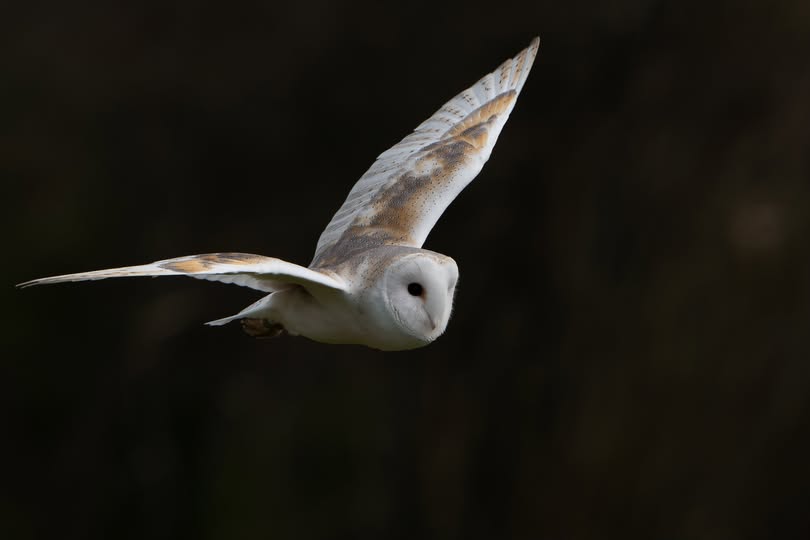![]()
![]()
![]()
![]()
![]()
![]()
![]()
![]()
![]()
![]()
![]()
![]()
![]()
![]()




DARTS BACK ON COURSE
OCTOBER CHALLENGE ON TUESDAY 28TH
SIGN IN 7PM
![]()
![]()
![]()
![]()
![]()
![]()
![]()
![]()
![]()
![]()
![]()
![]()
![]()
![]()




DARTS BACK ON COURSE
OCTOBER CHALLENGE ON TUESDAY 28TH
SIGN IN 7PM
From Daniel Clark:
An Evening with Owls is coming to venues near Hadlow Down this November & December!
From Avril Verhagen:
Black an white cat run over at school lane junction have put in front of house.